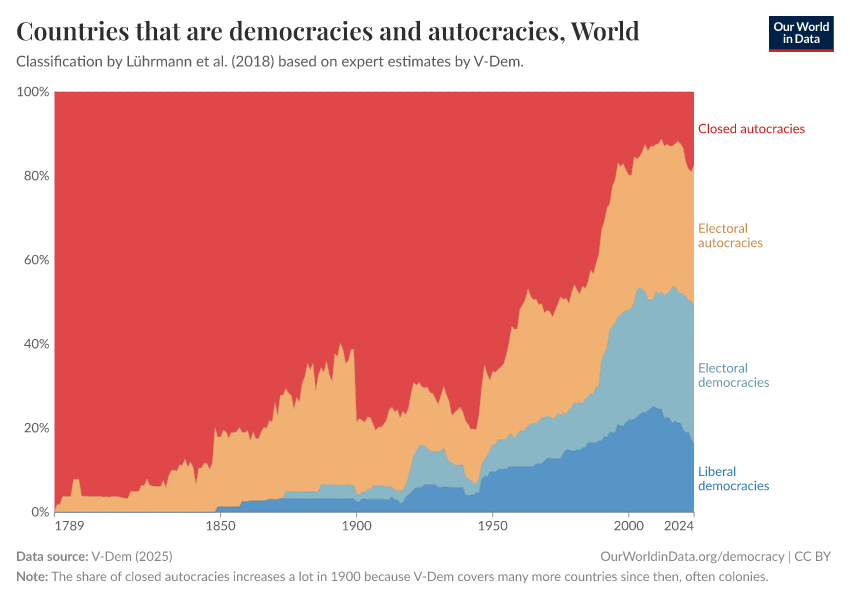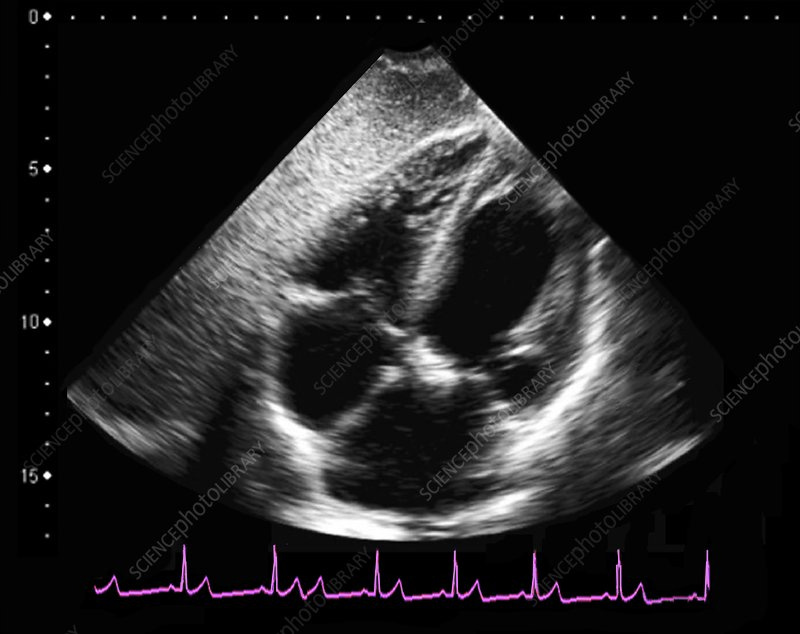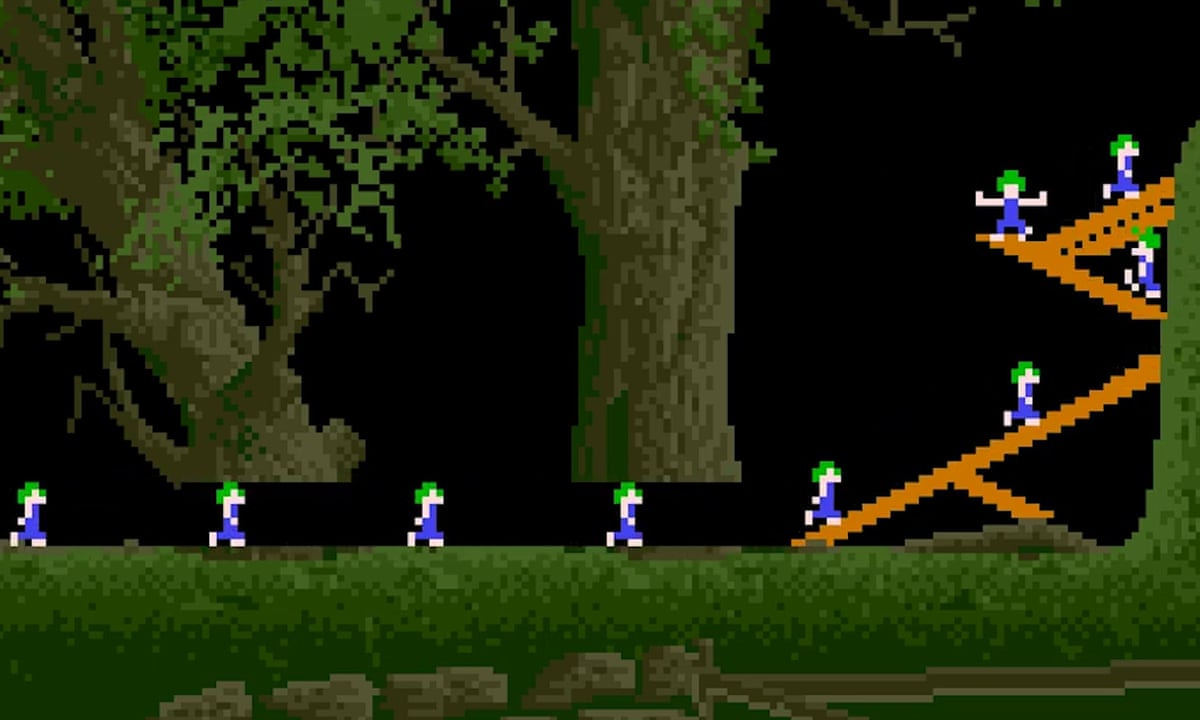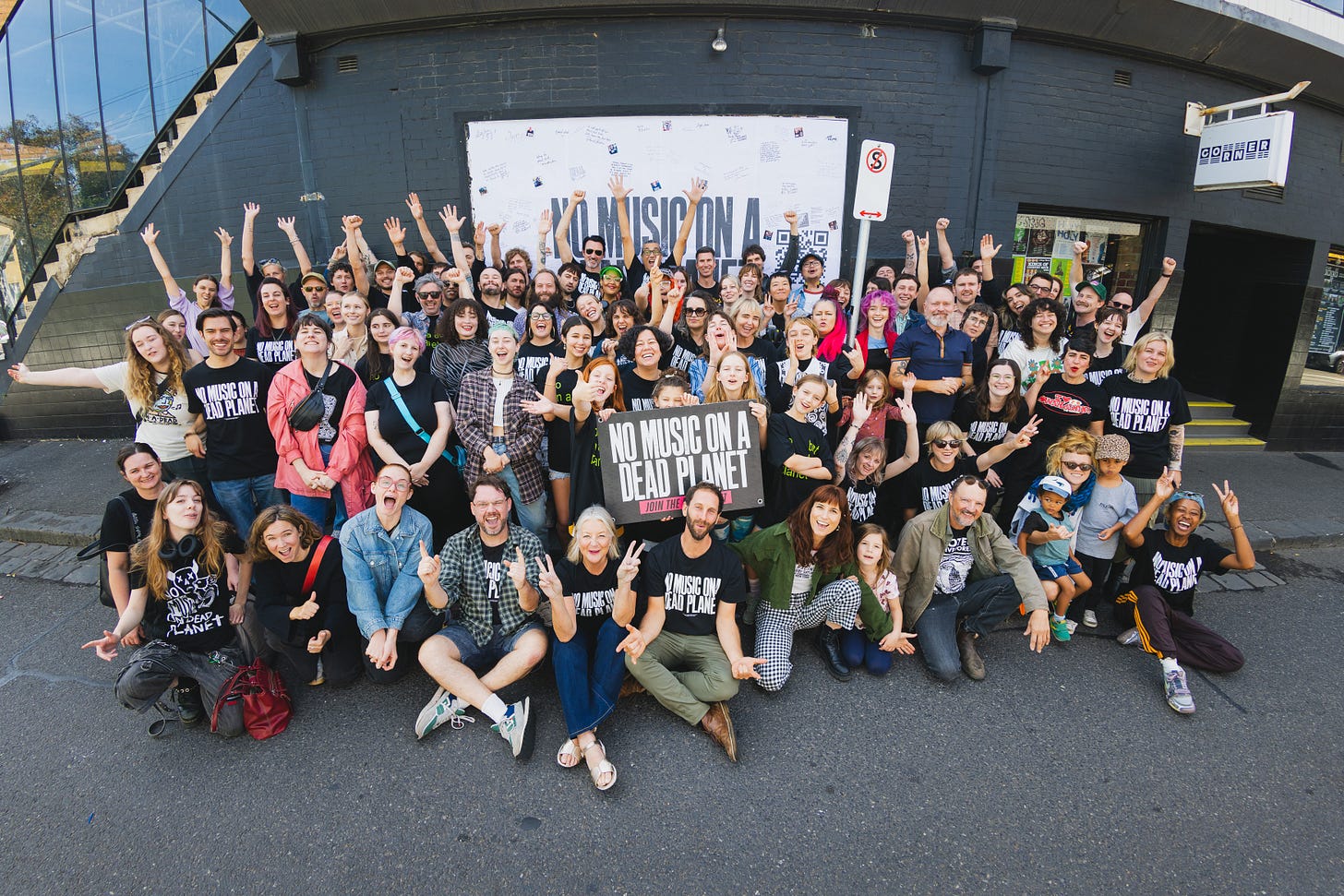#34 Eleven months: MOVE OR DIE
A new collection of fragmented and clumsily intertwined memories, hot takes and recent experiences in Tim Shiel land circa twenty first century.
It’s been almost a year. Let’s pick a moment, start writing about it and stop when I’m likely well past any sensible word count. Along the way, you’ll hear a bit about what I’m doing, but you’ll also just be riding the wave with me as I go on tangents and try and clumsily pull together disparate threads, memories, hot takes and non sequitors.
Good luck. Let’s begin.
(It ended up very long, so I’m breaking it in two and the second half will be in your inbox later this week.)
I went to see my cardiologist recently. In related news, I now have a “my cardiologist.”
So it turns out that as people get older - at least in countries like mine with functioning public health systems - at some greyed-out point they start going to doctors and specialists for check-ups constantly. To keep everything in order and, in theory, not die for a bit longer. I’m not quite there yet myself though, I’m old but not that old. But there have been some unexpected deaths in my family in the last ten years due to, let’s say, heart stuff. So now I have a “my cardiologist.”
It’s good news. Tests show I am “not at risk.” My heart by all accounts pumps within acceptable parameters. I’m no paragon of health but my heart is not not healthy. It’s not enlarged, it’s not under strain. It’s just vibing. That’s reassuring.
After all the tubes are disconnected and the machines have ended their beeping, I sit down for a hurried but useful chat with my cardiologist. He speaks in the well-practised rapidfire pace of a doctor who likes to churn through consults, but he’s still kind and gives me all the information I need, and then some.
I sense a calculus taking place on his part, and he decides he has time to slip a small dose of small talk in amongst the medical gear.
“What do you make of AI?” he says. My heart stops.
Friday night was Halloween. A bunch of us parents are gathered around an island table eating pizza and a variety of fresh homemade salads. I am dressed as a Saja Boy. I am the only parent in a costume.
Conversation turns to AI inevitably and rapidly. I imagine groups of parents around the world right now, gathered around island tables dutifully ticking AI off the 2025 conversational bingo card. Hot takes are surely incoming, but from who? There is a palpable sense of anticipation.
Some of these parents are lawyers, so they talk about using AI to write case notes. I do not really know what “case notes” are, but nod politely. They talk about letting AI do a lot of the gruntwork of writing means that their roles are moving even more into “review” than they already are. They review what the AI has written to make sure its not hallucinating, and edit it where it is. I’ve heard GPs, who increasingly use AI to write their notes during and after patient consultations, say a similar thing. A patient comes in to talk about their medical issues, AI makes notes, doctor checks and edits notes. What could possibly go wrong.
My cardiologist says the words “Move or die” exactly twice in our consult.
The first time he says it, he’s referring to the fact that if I want to keep having a healthy (enough) heart, I need to keep moving. There’s no replacement for physical activity when it comes to your general wellbeing and specficially, that little blood squishing organ. “Aim to lose 5kg before I see you next year. You’re on the edge.” Increasing your physical activity can be about doing the little things. Take the stairs instead of the lift. Walk to the shops instead of getting in the car. “Move or die,” with a twinkle in the eye. The cardiologist’s catch phrase.
The second time he says it, it’s about AI. AI is helping him write his notes too. He wasn’t sure at first, but he’s adjusting. It took time, but now his consults are quicker. Productivity is up. All the other doctors are doing it, so now he is.
He acknowledges he can see how quickly it will replace other parts of his job too. He’s literate on all the challenges and the opportunities of AI, and yet, like the rest of us, has no real idea where it’s all headed. But wherever it is headed, it is definitely headed there, and it’s time to get on board. I’m not sure if its spiritual, or just some kind of doctor pragmatism. But shiny human progress is gleaming its way into unknown futures, via technology, and he’s up for the ride. What other option is there - we can’t not move with change.
The course is set: this is where it’s all going, so best to just go with the flow. The question of who got to decide where we are going, and why, doesn’t appear to be front of mind. “Move or die,” he says with another grin.
One of the lawyer-dads says that AI isn’t as accurate as the junior lawyers would be, but they are getting better, so, you know, “we’re just adapting to that now.” He is worried that as AI replaces the role of junior lawyers, junior lawyers will have less to do. For those that can find jobs, there’ll be less for them to do. Less junior lawyers coming through means, eventually, less senior lawyers. Who is left to fact-check the AI when the lawyers coming through never had to do the gruntwork that these lawyers did when they were juniors? I silently figure that eventually the AI doesn’t need fact-checking, and eventually it replaces the senior lawyers too. I keep this not-so-quiet part to myself, but we all think it anyway, and loudly.
During all this, we all seem to laugh our way through the conversation like this whole AI in the workplace thing is a hiccup or an amusing side quest, not the tectonic-plate-shifting transition that it now actually appears to be. But I’m not really laughing, I’m unmoored by existential dread. I’m barely even here right now, at this island bench.
Famously zero chill already - click here and scroll down for me at my most unhinged - AI is now one of my most reliable triggers, and I’m just trying to contain myself for my own good. It might be too late for me, but I don’t want to unsettle the kids, or the adults.
I can’t join these conversations any more. When I tap in, it gets very real. I am a complete buzzkill. I get heated, my heart races. I can’t have this conversation in a light or playful way any more. It feels urgent, far too urgent and important a conversation for a chat over pizza. When casual social convos spark up about AI, I clam up, I’m all restraint, because if not I fear I might I just jump on the island bench and scream, “What the hell are we all doing? What the hell are we doing?” This would likely ruin the delightful spread of homemade salads, and probably also frighten the kids, and maybe even the adults.
But should we not be more frightened? Is this Halloween or not?
I’m meeting the Canadian Consul General to Australia for some unknown reason, and a friend turns to me and says they too have recently visited China.
“This the first time in a long time that I’ve felt hope about a transition to renewable energy,” he says. “They’re actually doing it.” I nod, my mind hastily scrambling - and failling - to find a concise enough take to be able to enter this conversation within any cadence deemed appropriate in polite surroundings.
He continues, saying with a mischevious grin, “Maybe the trick is to not live under democracy. They might be onto something.” I force a smile and hope it scans as genuine. I don’t know what to say.

The concept of democracy seems to have completely crumbled in my fingers in the past few years like a brittle sand sculpture destined to return to bits. I’ll admit, I thought democracy was real. I thought democracy was a solid, defined thing, that grown-ups had all come to agreement on. That’s what they taught me in school. Turns out whatever that vision of democracy was, it was a collective hallucination, or at best, a utopian dream we’ve not yet achieved. If there was ever a “there” there, we weren’t there yet, and maybe we got complacent. And now autocractic societies are on the rise, and democracy is not so much out of fashion as it is just shuddering in and out of phase like a mirage on the desert sands.
I spent much of the first half of this year working on a “vote climate” campaign, trying to use music to chip in and nudge people towards climate-friendly candidates in the federal election. The climate movement’s hope was that we’d get more independents and minor parties into the federal government. Somehow, despite those candidates getting more votes than ever before, a bunch of them lost their seats and we ended up with this engorged, empowered centrist federal government. I mean, it could have been worse, we didn’t elect “the bad guys.” But we still elected bad guys. It was, to be honest, quite a downer. It seems like the most obvious thing in the world to say, that it’s easy to understand why people have lost faith in these systems.
I’m not the most resilient guy at the best of times, when the mana is low I don’t recover it quickly. In this vulnerable state I find myself sucked into the political imagination of America, because at least something is happening there. The pendulum swings further and harder there, and its thrilling. I fall deeper into “friendly” YouTube rabbit holes like Channel 5, Doomscroll and the Mamdani campaign, telling myself its educational. I, for some reason, become more personally invested in that thing between Ezra Klein and Te-Nihisi Coates than anything happening in my own backyard. I, for some reason, spend more time watching edits of Hasan Piker’s live streams than spending any time trying to understand how my local or state government functions.
At least it appears to be helping bring clarity to my political worldview, which is at risk of distilling dangerously down to just three words: “tax the rich.” Is it too basic to have a political worldview so simple it fits on a t-shirt, or is it exactly what’s required?
When my daughter was maybe four, she told me she wanted to start her own music festival. There’d be a tent at the entrance where everyone will be asked to bring all of their money and pour it onto a giant table. She’ll then gather all the money up, divide it equally, and when people leave the festival they get to take their fair share home. Somehow, a four year old is thinking more meaningfully about wealth redistribution than the rest of us are, so distracted by our important worker lives and so fully enmeshed in so-called “adult” economic systems that we can’t possibly imagine being deconstructed or reformed.
One night, I dream that a well-meaning and generous benefactor calls me up to say, “whatever you want to do, I’ll help you do it. Money is no object.” Like, an angel has appeared to fund my creative endeavours. It’s not a blank check, but it kind of is.
This immediately leads to much hand-wringing and confusion on my end. I can’t accept the offer. I have more useful ways to contribute to the world than finishing my weird little songs - and besides, shouldn’t this out-of-nowhere money be better spent elsewhere?
I internalised the idea years ago that if music was ever to become my career, it would be because it was validated by the market, not one person - i.e. funded by a broad coalition of listeners making the choice to engage with me, and not someone or something else. A kind of consensus among enough people - you can call it 1,000 true fans - that I should continue whatever-the-hell-it-is-I’m-doing. What does it mean if instead, it’s just one guy?
Weird to have a patron when you’ve fully internalised the idea that one of the core issues in the modern world, if not the main one, is that wealth is too concentrated in the hands of individuals who get to make decisions that impact large groups of other people. It’s hard for me not to do the maths on where money is ‘best spent.’ I’m most of the time going to conclude that it is not best spent on me and my creative dalliances.

I try to remind myself that music matters, partly because that’s the core underlying assumption in my job description, so I better keep believing it. I even started a podcast where the core conceit was telling stories about why music matters. Why Make Music? I think it was pretty transparent that the person I was most trying to convince was myself. Because I routinely fail now to devote time to my own art, and it’s not always because I’m tired or because I’m busy.
Often, it’s because I’m really not convinced that it matters. And for some reason, things need to matter now. Not just to me, but to someone else. Music feels quite self-indulgent all of a sudden. So I end up sitting in some heavy cognitive dissonance, because for my day job, I run around telling musicians that putting time into music is the most useful way they can make a difference, that they should stick with it, that music is important. I tell them that even simply maintaining a creative practice, in the face of an uncreative world, is as an act of resistance and a gesture towards the future we want to live in. I am staunchly pro-music, pro-culture, pro-creativity. But then, I don’t take my own advice, or drink my own kool-aid.
Music is an important thing for you to keep doing. But not me?
If you’ve made it this far, well, that’s a you problem. Only joking, I love you.
If you’d like me to write more like this, hit me back with a reply, which will increase the chances of me writing more.
Part two of whatever-this-is will drop in your inbox in a few days.
All the best,
Tim




I too share your cognitive dissonance, especially with this current political hellscape that I currently live in. We collectively elected an autocratic simp TWICE. People in my country are being harassed and/or snatched off the street, disappeared to who-knows-where. I work at a company that is embracing AI at all parts of the business. [To be fair, AI is a tool. It's how you use it that is important. I fear that it will be used for... less than ideal reasons.]
And so I return to music as my creative outlet. Not as a creator per se, but as a consumer and disseminator. I volunteer at a radio station every week. I go to countless concerts and music festivals. I gather with - at the time, anyway - like-minded people. It is my community, my salve. So, yes, music is still critically important for my well-being.
Side note: My dad recently had a heart valve replaced and a repaired aortic aneurysm. The procedure was highly invasive. The surgeon claims that, even though my dad had a borderline enlarged aortic root, it was good that they went in as it was worse than the diagnostics showed and he probably would be dead within a year. Going through all that was a mental shock to my system and my sister's. Please take care of your health, both mentally and physically. Movement can apply to both.
Engaging read, thanks.